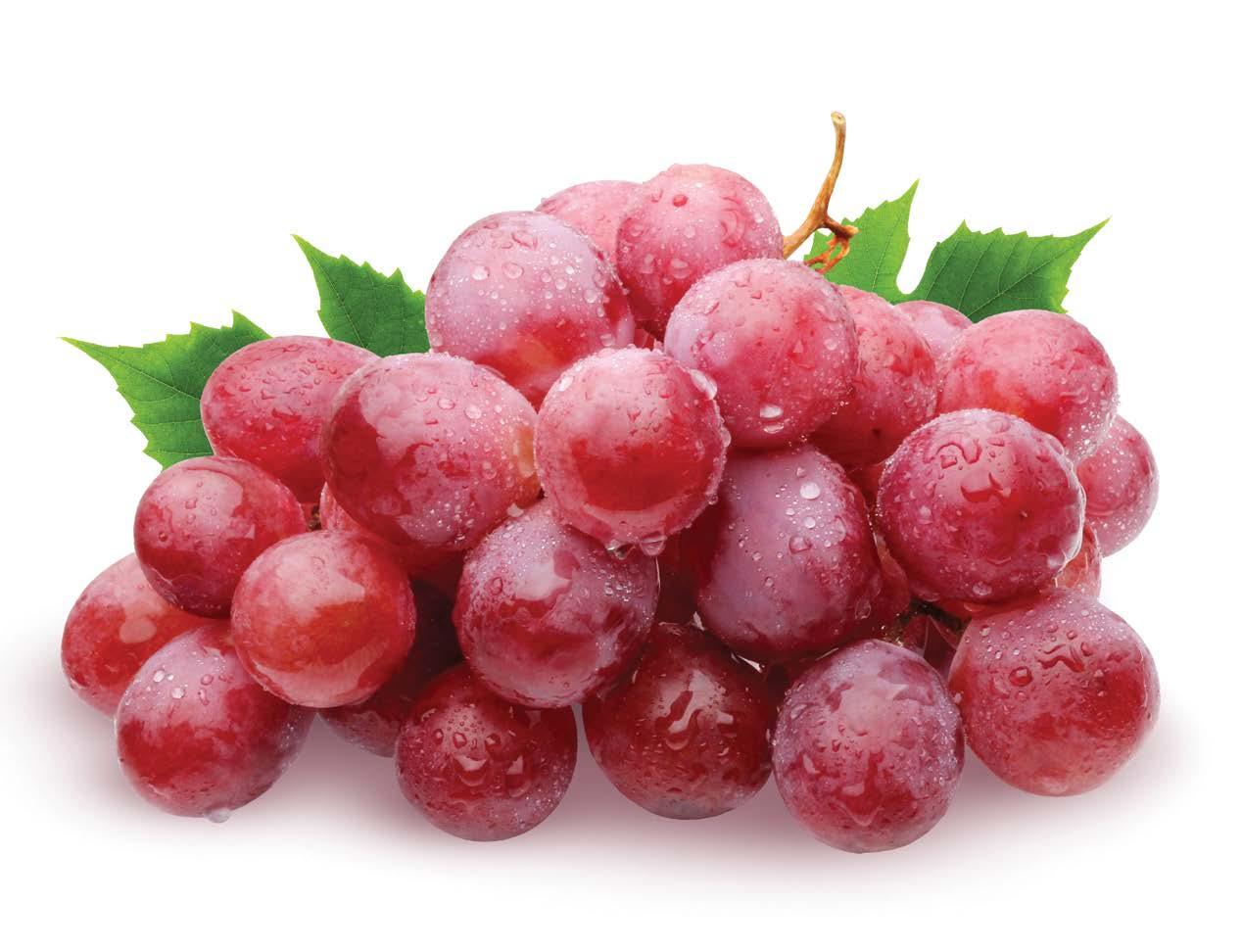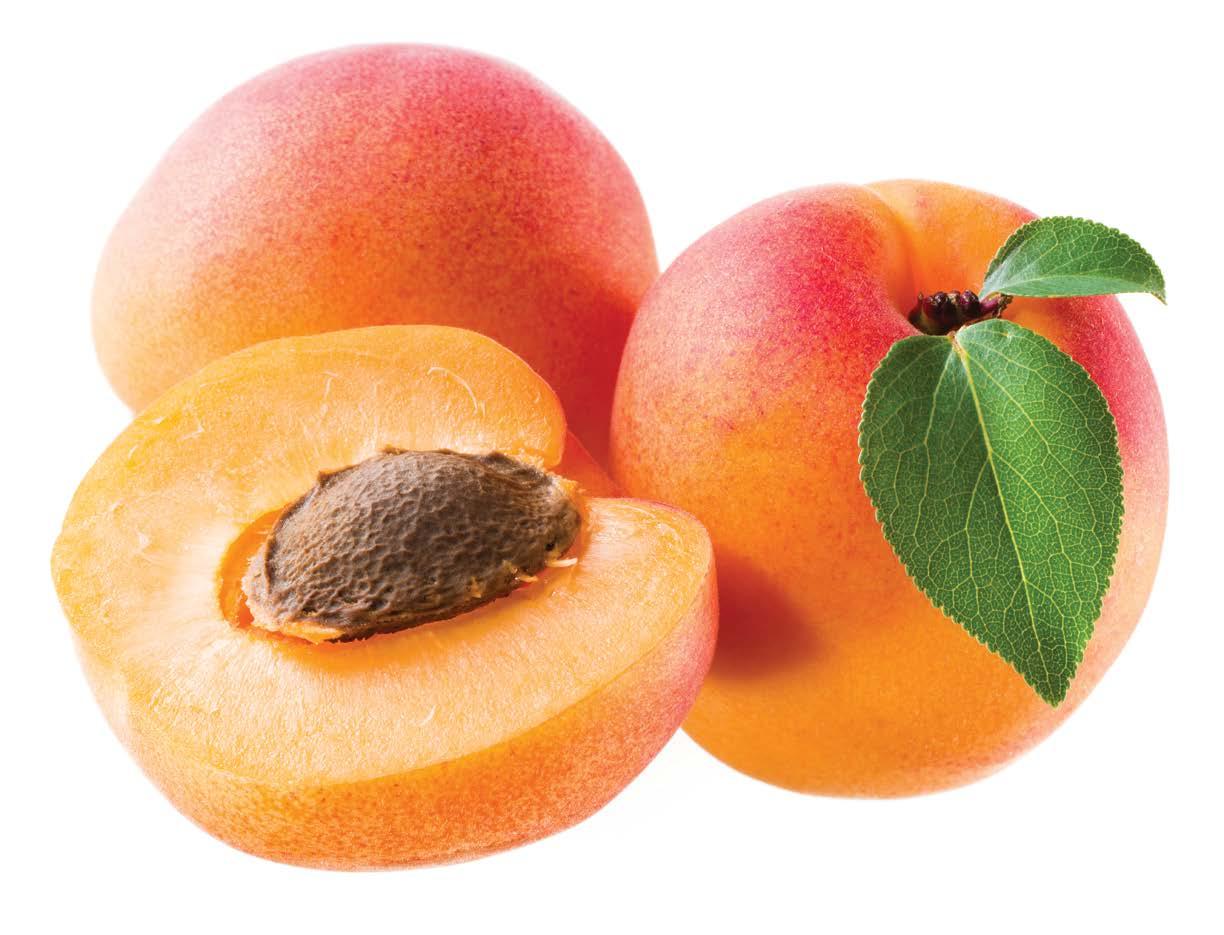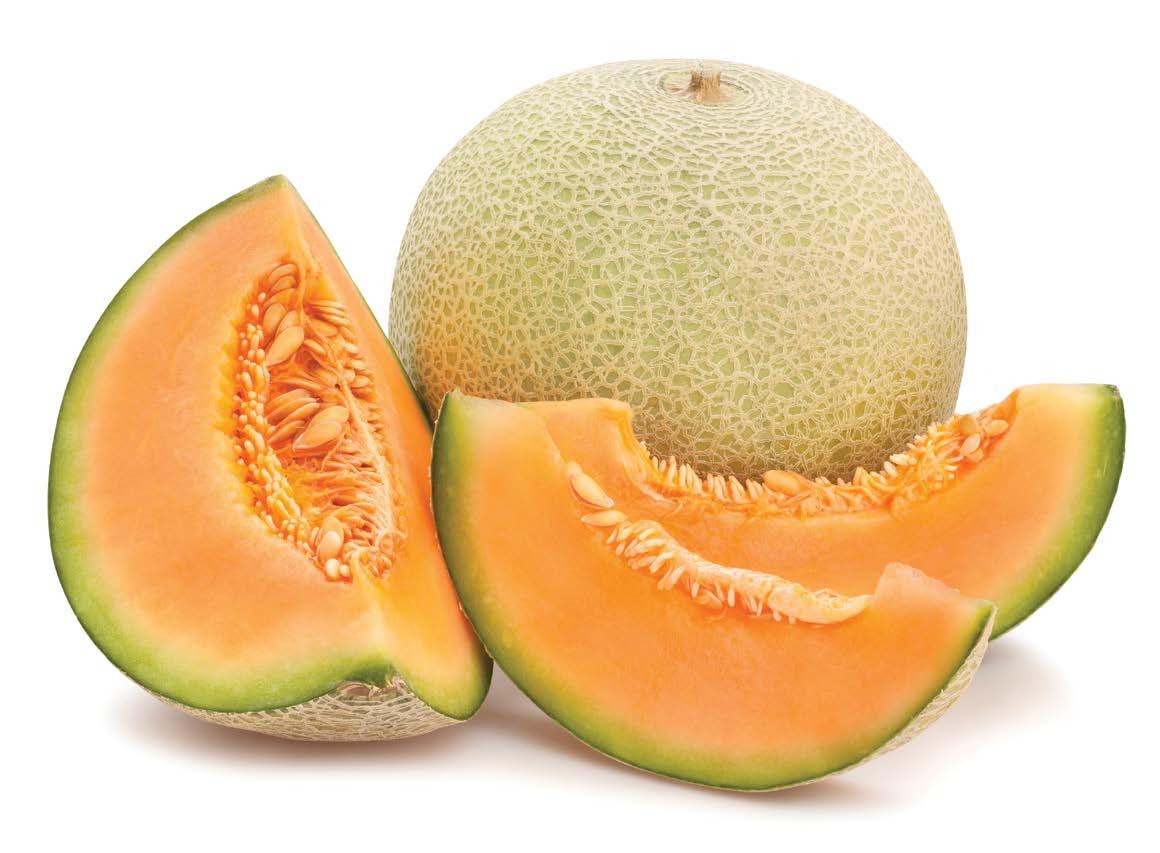Honeydew melons, like all melons, are members of the cucurbit (gourd) family, along with squash and cucumber.
Honeydew NUTRITION
Nutrition Facts
Honeydew is a good source of several nutrients, such as:
Amount per serving
Potassium lowers blood pressure, makes your muscles move, and supports heart health. Electrolytes and water make up 90% of honeydew. This hydrates you better than water itself. Vitamin C protects tissues supporting your entire body. It’s an antioxidant defending you from disease and the effects of aging. Your body’s ability to take in iron also improves with Vitamin C.
Serving size
Calories
61
Total Fat 0.2g
0%
Saturated Fat 0.1g
0%
Polyunsaturated Fat 0.1g Monounsaturated Fat 0g Cholesterol 0g
0%
Sodium 31.9mg
1%
Potassium 387.6mg
8%
Total Carbohydrate 16.1g
5%
Dietary Fiber 1.4g
5%
Sugar 14.4g Protein 1g
2%
WAYS TO E AT A N D C OOK W I T H H O N E Y D E W
Vitamin A
2%
Although this refreshing fruit can be eaten raw, try it lots of other ways!
Vitamin C
31.9%
Calcium
1%
Iron
2%
Vitamin D
0%
Vitamin B6
8%
Magnesium
4%
Honeydew Salsa: In a bowl, use a fork to mix together 3 tablespoons lemon juice, 2 tablespoons oil, 1 teaspoon chili powder, and salt and pepper to taste. Finely chop 2 cups honeydew, 2 medium cucumbers, and ¼ cup onion. Store in fridge until your ready to serve. Honeydew Split: Place a peeled slice of honeydew on a plate. Add chopped banana and your favorite berries. Top with a scoop of low-fat frozen yogurt and a sprinkle of chopped peanuts.
10
1 cup chopped honeydew
Fruit & Vegetables: Facts, Nutrition and Recipes
*The % Daily Value (DV) tells you how much a nutrient in a serving of food contributes to a daily diet. 2000 calories a day is used for general nutrition advice.









































